Opened in 2007, the Shanghai Auto Museum proudly trumpets that it’s the first dedicated car museum in China.
Inside the stunning building, more than 70 cars trace the history of the automobile, ranging from early machines such as the Benz Patent-Motorwagen and Ford Model T, pioneers like the Mini Cooper and Volkswagen Beetle, and classic sports cars including the Porsche 911 and Ferrari Testarossa.
But interspersed with those are exhibits that showcase the remarkable growth of the car industry in China. It’s an industry that didn’t exist until the 1950s, when the first car firms were established as part of Mao Zedong’s first five-year plan. Even then, production was mainly limited to vehicles (based largely on Soviet Union machinery) for government officials. As recently as 1985, China’s annual car output was just 5200 units. When the government began to encourage private car ownership, that changed fast: last year, China produced more than 28 million cars.
So forget the Alfa Romeo Giulia, BMW Isetta 300 and Jaguar E-Type: here are the real star cars of the Shanghai Auto Museum.
1983 Shanghai Volkswagen Santana
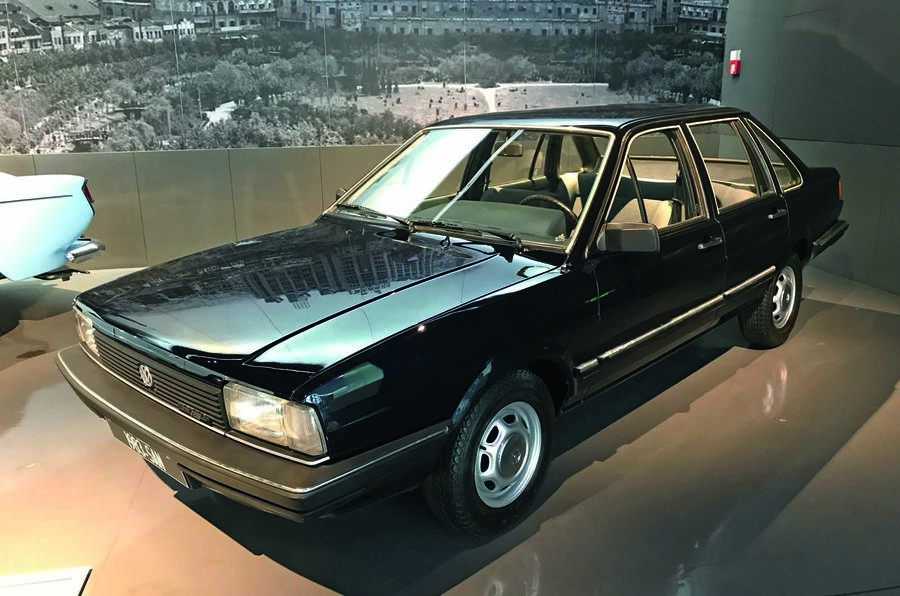
The car that changed China. In 1982, the Shanghai Tractor and Automobile Industry Company (now SAIC) signed a joint venture with VW to build the latter’s models in the country. Made in Anting, the Chinese-built Santana launched in 1983, starting a trend of joint ventures that continues to this day.
1903 Oldsmobile Curved Dash
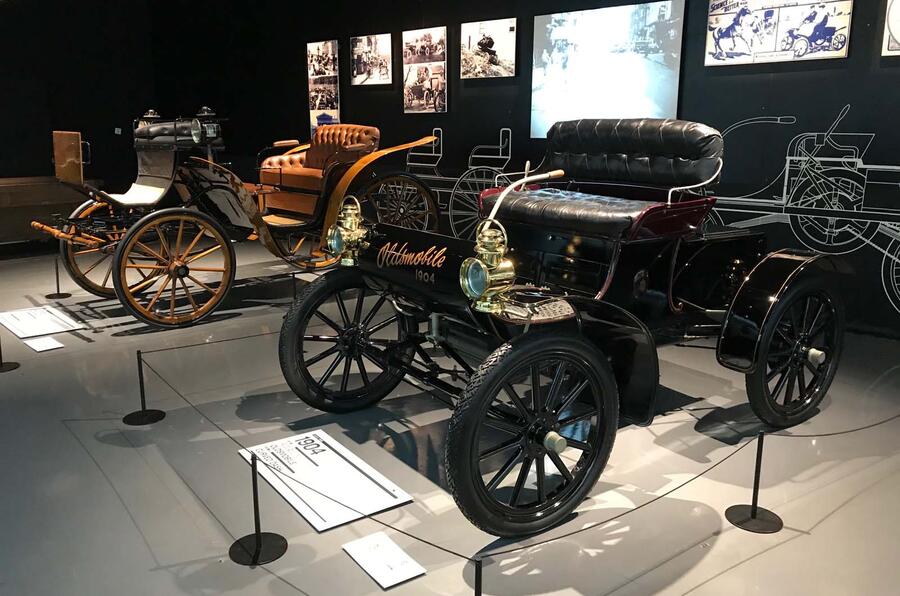
The world’s first mass-produced automobile, this was one of the first cars to be imported into China, with Shanghai-based dealers selling them from 1903 onwards.

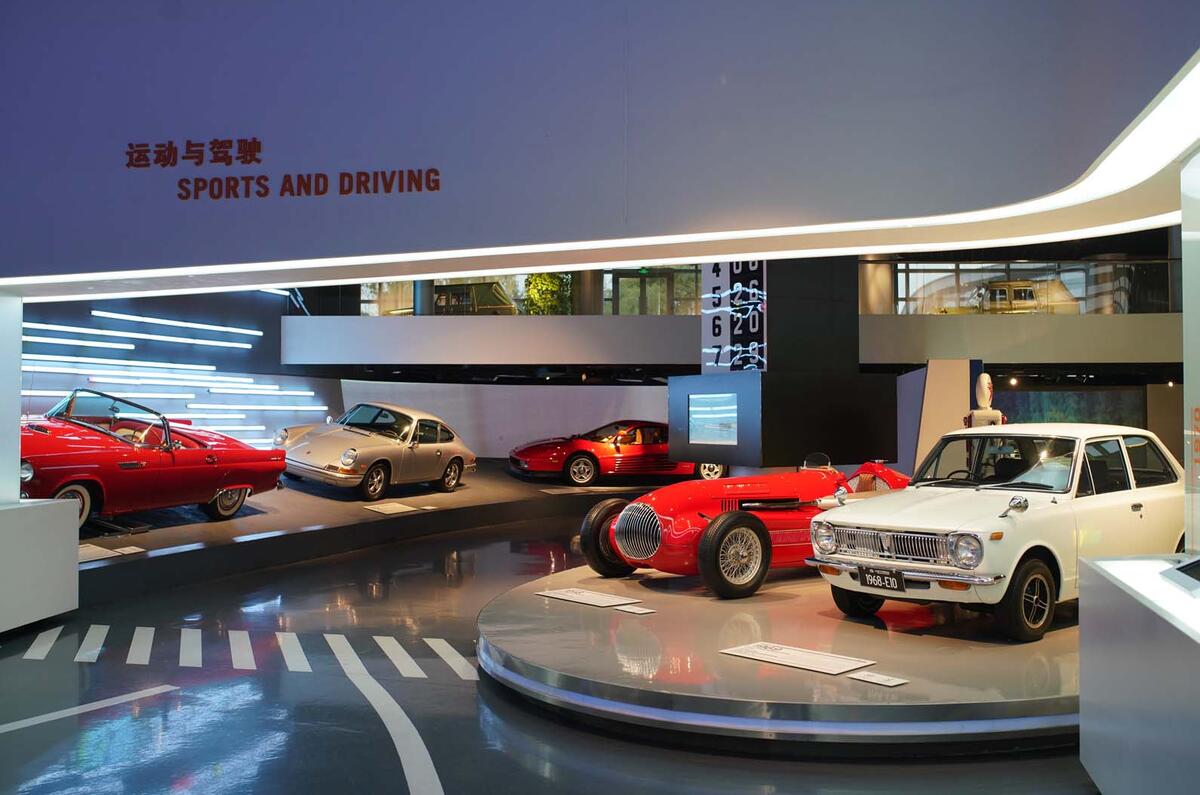

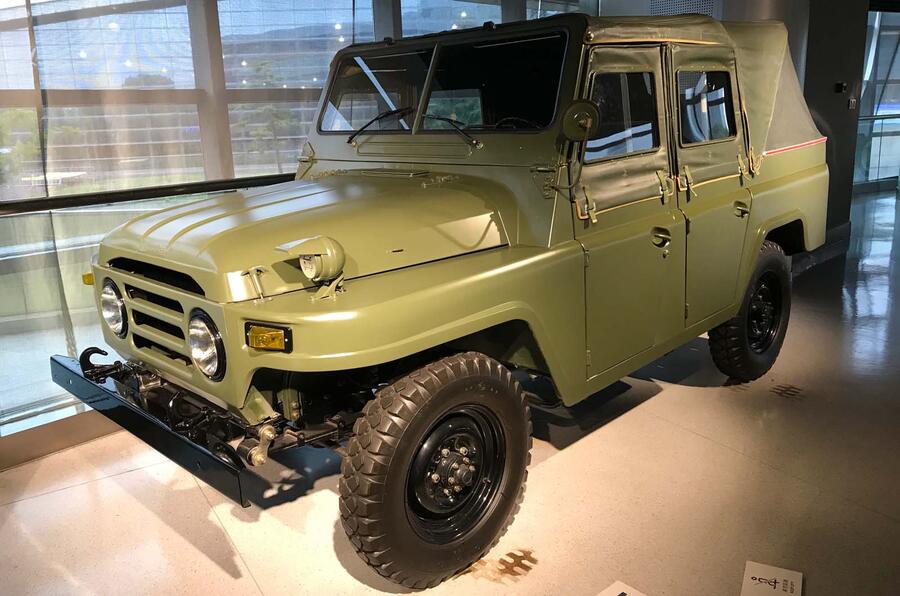
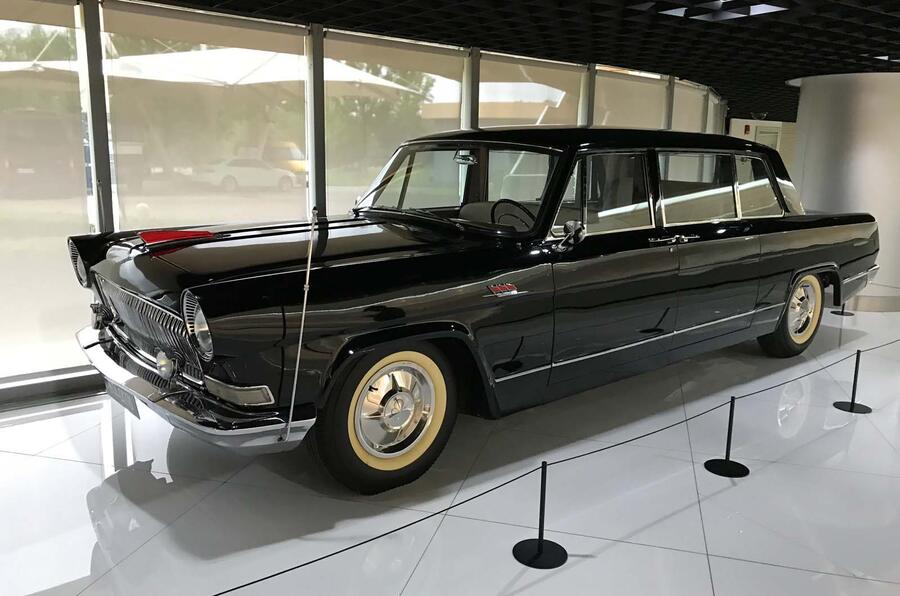
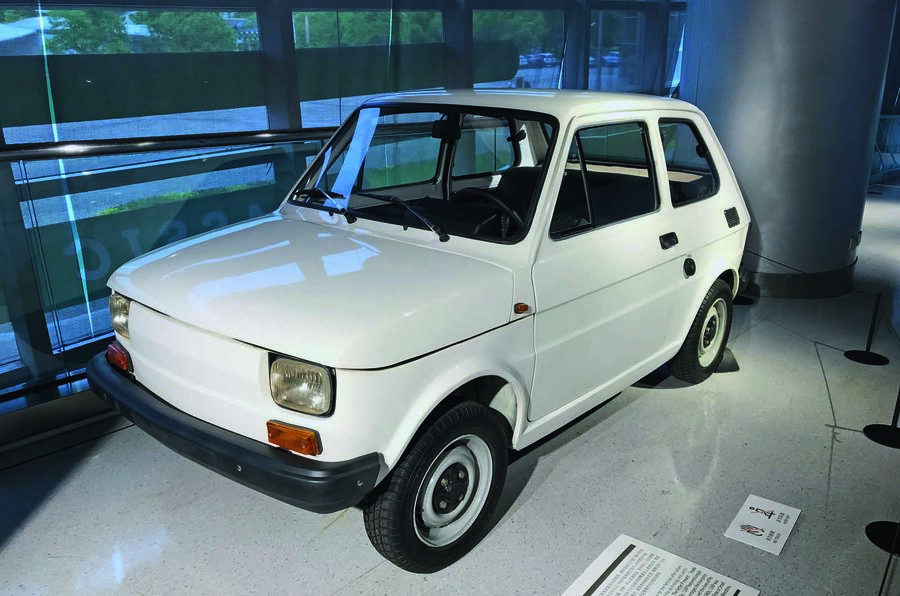
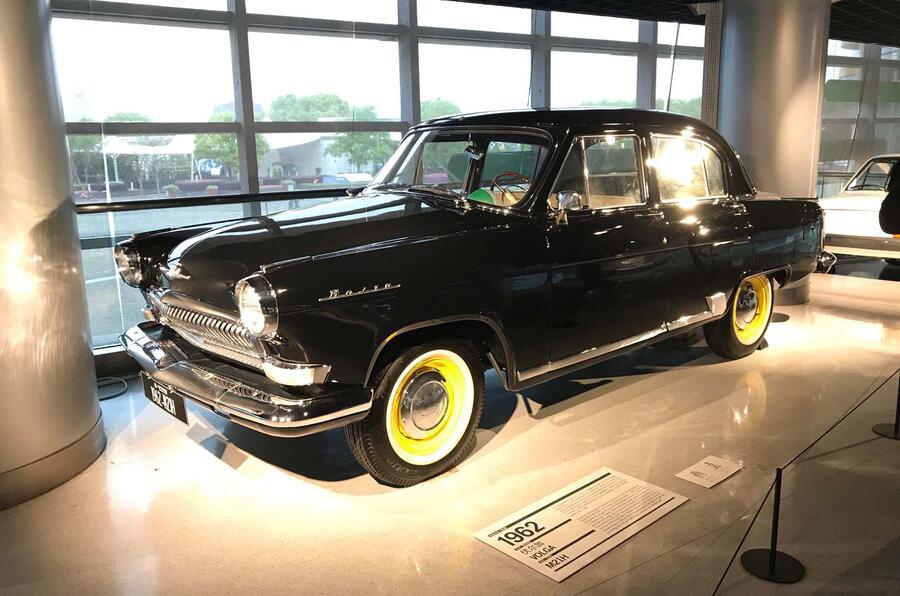
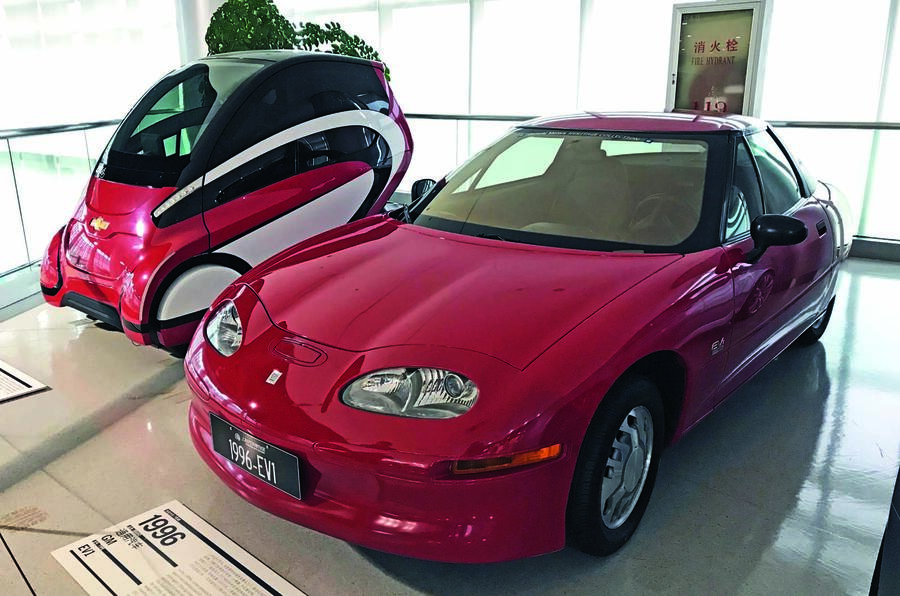
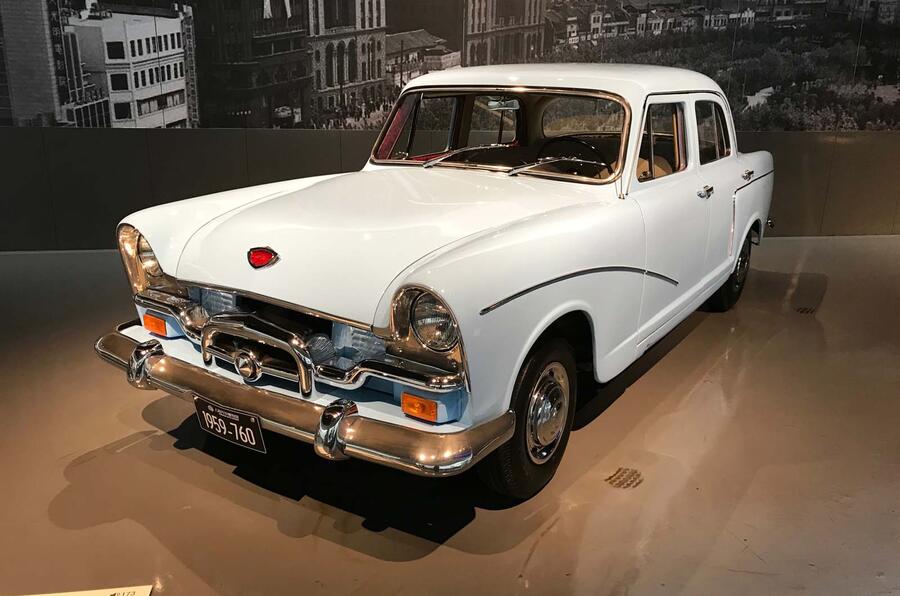
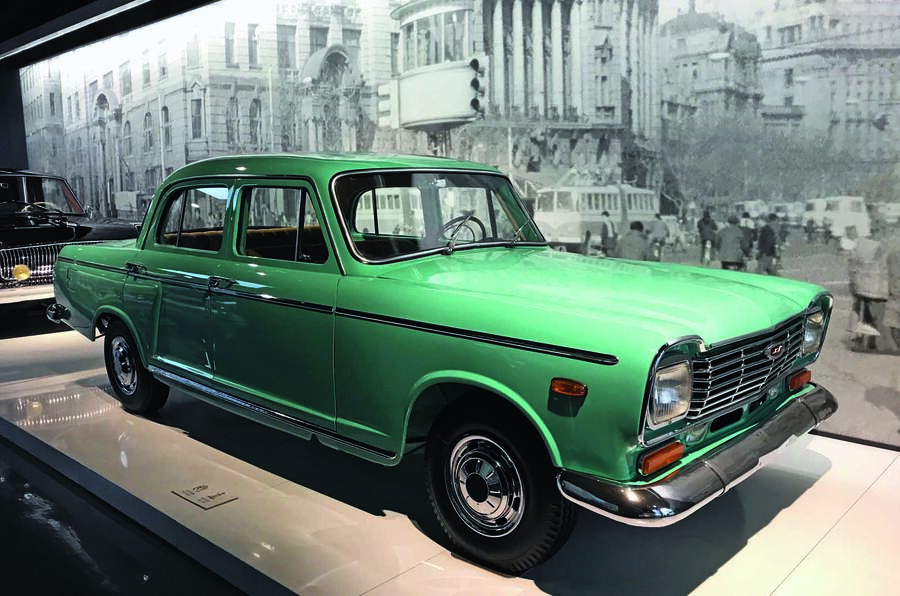
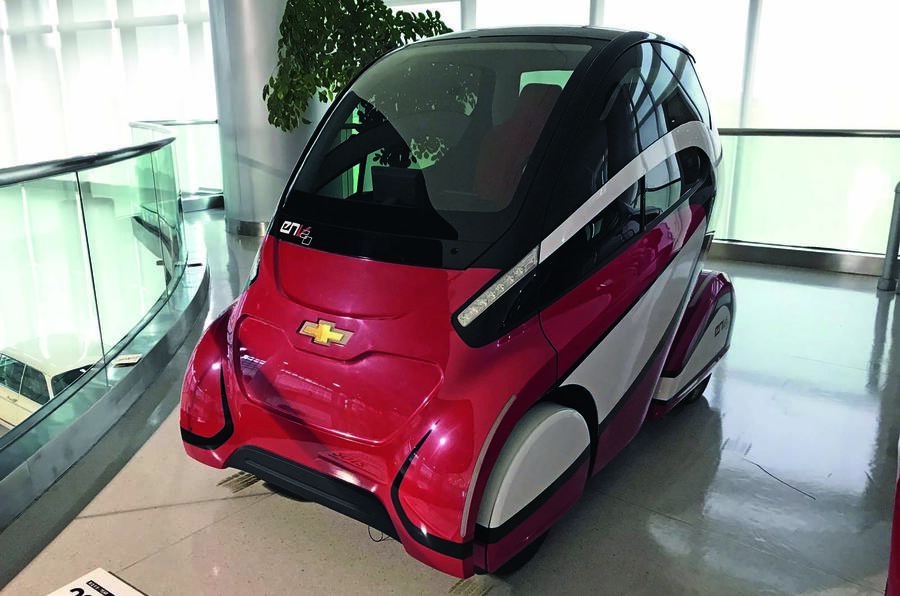
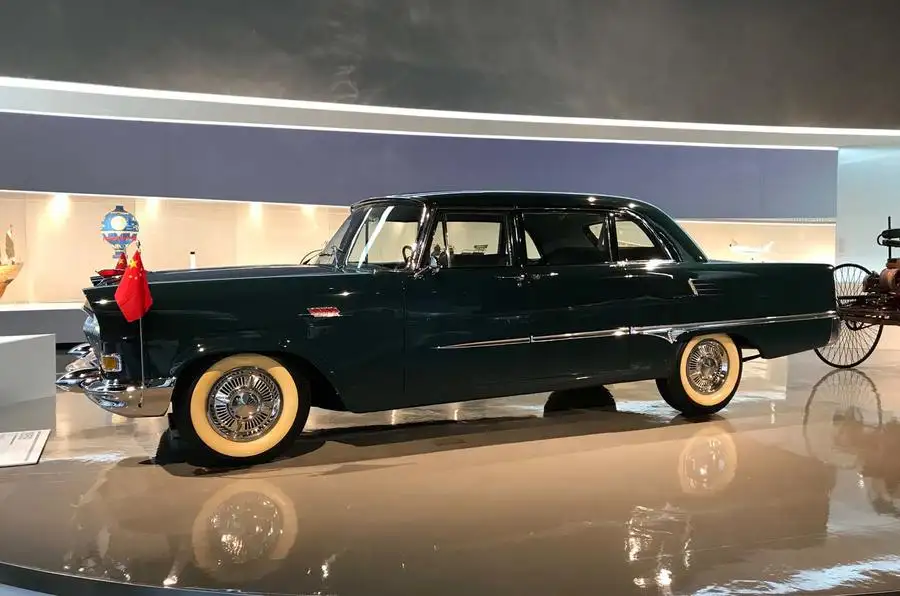
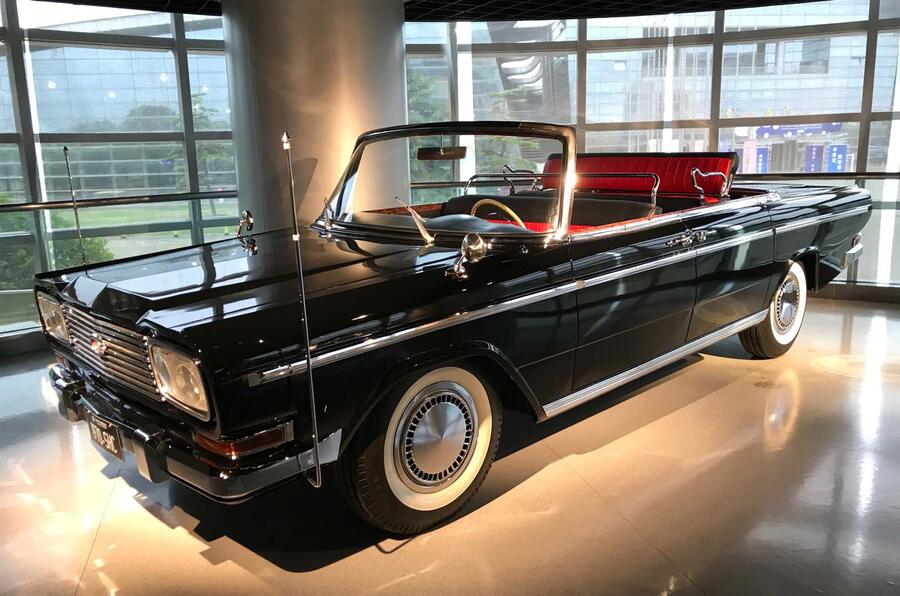
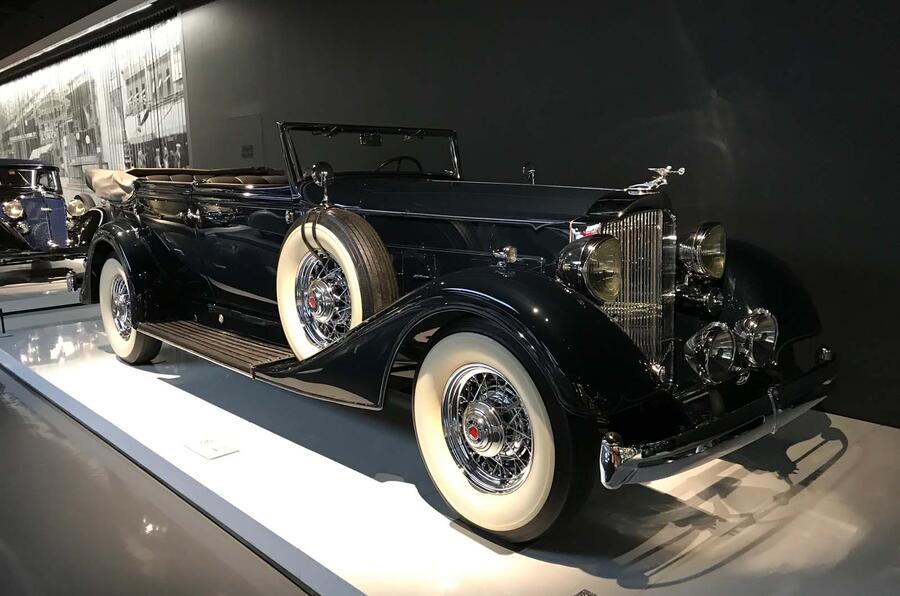





Add your comment